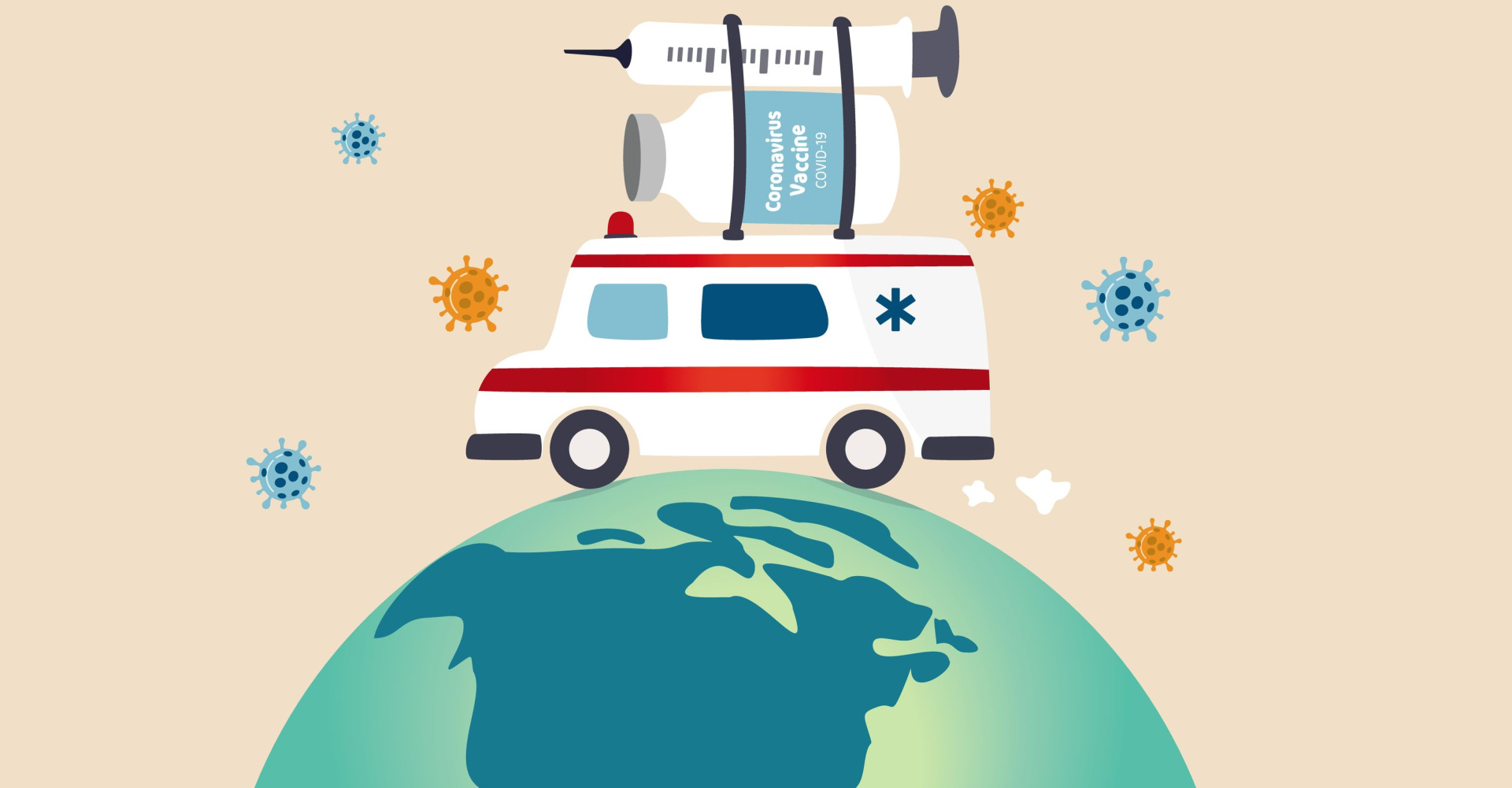Going further than rapid response
Another pandemic is an evolutionary certainty. What is less certain, however, is how effective our response will be – and whether we can ensure it is equitable
G7 and G20 leaders recently took an important step towards ensuring that the world is better prepared for the next pandemic by backing what has become known as the 100 Day Mission. This ambitious plan aims to accelerate the development of pandemic vaccines, treatments and diagnostics, to make them available within just 100 days of a pandemic outbreak – three times faster than during Covid-19. However, although a rapid response is critical to prevent escalation and mitigate the impact of a pandemic, speed only goes so far if the vaccines cannot reach the people who need them most.
Look no further than the current pandemic. The speed at which Covid-19 vaccines were developed was unprecedented – one of the few success stories of this global crisis. Another is the creation of COVAX, a global mechanism to remove the financial barriers and make equitable access possible. These should have ensured a rapid, equitable global response. Yet barriers to access and delivery still prevented hundreds of millions of people from getting vaccinated quickly, barriers that persist more than two years after vaccines became available.
A more impactful response
The next time a pandemic strikes we do not just need our response to be faster – it must be more impactful. That means urgently identifying and addressing any challenges or obstacles to end-to-end delivery. There will be a next time: that is an evolutionary certainty. Thanks to global trends such as climate change, the threat of future Covid-scale pandemics could even double in the coming decades.
Yet today, as we enter the fourth year of the current pandemic, are we any closer to being better prepared? COVAX delivered close to 2 billion doses in the first two years, the largest and most complex global deployment of vaccines ever, with around 90% going to people in lower-income countries and with the majority of people most at risk now fully protected. Indeed, 82% of healthcare workers and 69% of older people in these countries are now fully vaccinated, compared to 89% and 92% respectively in high-income countries. But we faced severe delays along the way.
This was partly because of vaccine hoarding and export restrictions, which hindered the global supply of vaccines. But many countries had weak health systems even before the pandemic, and struggled to get doses out to people fast enough. In low-income countries Covid-19 coverage is on average still only 27% and routine immunisation coverage has been backsliding, with increasing numbers of children who have not received even a single dose of a vaccine. Until we ensure stronger health systems and more resilient primary health care are in place everywhere, we are collectively not ready for an equitable global response to the next pandemic.
One big challenge is that the last to be reached are often some of the hardest to reach. These people are not just missing out on pandemic vaccines. They and the communities in which they live are among the most marginalised, facing multiple deprivations beyond health. Figuring out how to reach these communities now will pay dividends in terms of future pandemic preparedness, and help bring them routine interventions. This will move us closer to universal health coverage, and help put us back on track to meet the Sustainable Development Goals.
Prioritising global health
That is why Japan, as host of the Hiroshima Summit, has made global health the priority, as part of a push for resilient universal health coverage. This should be applauded. Japan has long been a champion of global health: a long-term supporter of Gavi, instrumental during its 2016 G7 presidency in financing and supporting the creation of an Ebola vaccine stockpile, and a key supporter of COVAX from the very beginning. To continue to prioritise the pandemic and the need for more resilient health systems when many other countries have shifted to a post-Covid mentality, and when there are many other pressing global crises, shows incredible leadership and the recognition of the ongoing and urgent need to address the remaining barriers to equitable vaccine access.
Although the rapid scientific development of vaccines is without question among the most significant challenges to improving future pandemic preparedness and response, so too is the delivery of vaccines. Getting billions of shots into the arms of people in countries all over the world, simultaneously and often in some of the toughest settings, has been one of the most underestimated challenges – and understated accomplishments – of this pandemic. We are still not done. To ensure we are truly ready for the next one and able to mount a response that is not just rapid but also impactful, one of the best ways is to first finish the job with Covid-19.












